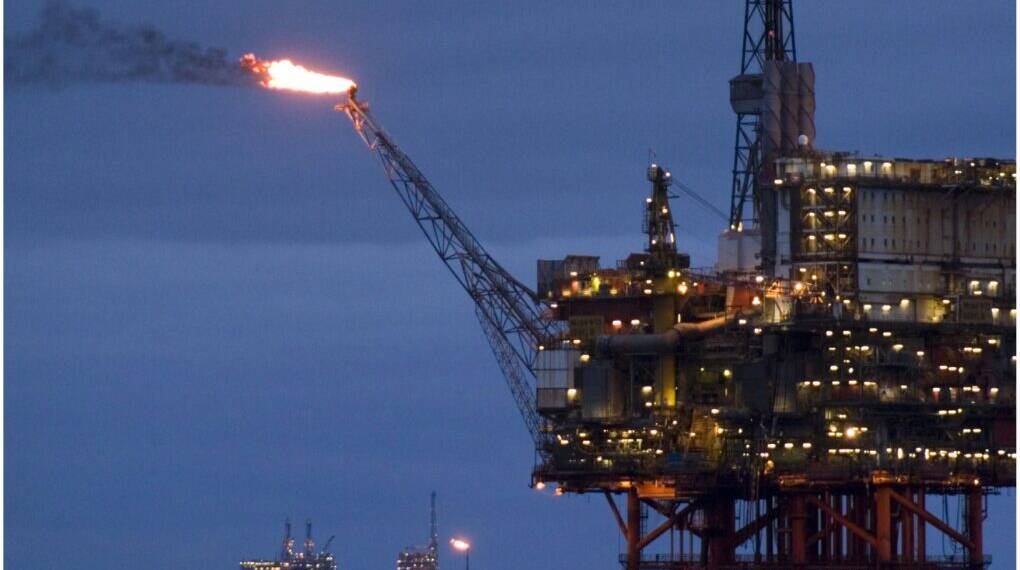Central European Petroleum (CEP) has announced the largest oil discovery in Poland’s history near Wolin Island, off the Baltic Sea coast. This breakthrough, located about six kilometres from the port city of Świnoujście in northwestern Poland, could hold 22 million tonnes of recoverable crude oil and condensate, alongside 5 billion cubic metres of commercial-grade natural gas in just the Wolin East 1 (WE1) well.
Expanding to the broader concession area spanning 593 square kilometres, the total resources are estimated at over 33 million tonnes of oil and condensate and 27 billion cubic metres of gas. This discovery would more than double Poland’s existing oil reserves, which were around 20.2 million tonnes as of 2023.
Implications for Poland’s Energy Sector
The scale of this find makes it a historic moment for Poland’s energy landscape. Polish refineries have a processing capacity of about 24 million tonnes of crude oil annually—roughly in line with the estimated recoverable volume at Wolin—indicating that Poland could rely significantly more on domestic crude rather than imports.
This would strengthen Poland’s energy security by reducing dependency on foreign suppliers, particularly from Russia, a long-standing geopolitical concern for the country. However, experts like Piotr Woźniak, former CEO of state oil and gas company PGNiG, caution that while this discovery is significant for Poland, it is unlikely to disrupt the European energy balance at large.
“Extraction of these deposits will not shake up the European energy market,” he noted, emphasizing that the priority for selling the oil rests with the discovering company, subject to European legal frameworks and market conditions. Consequently, Poland’s immediate gain lies in increased energy autonomy, even if the broader European impact remains limited.
The Wider European Energy Landscape
Polish energy analyst Wojciech Jakóbik underscores that from a continent-wide policy perspective, the find is not a game changer. Yet, from an investment and regional development viewpoint in the Baltic Sea basin, it holds great promise. The Wolin discovery is “several times more than what is currently being extracted” in the Baltic, underscoring the Baltic Sea’s growing importance as a domestic energy source.
Recent trends show a renewed interest across Europe in exploiting local oil and gas reserves amid heightened energy security concerns driven by geopolitical tensions and supply unpredictability. Germany, in partnership with the Netherlands, has also committed to hydrocarbon exploration and extraction in the North Sea, reflecting a wider European movement toward regional resource development.
Next Steps Ahead
CEP must now formally document the deposit and proceed with further drilling and exploration to establish full rights and legal authority to extract these resources.
This requires significant investment, technology, and time. Piotr Woźniak suggests the company may also seek partnership or funding opportunities, potentially using this announcement to attract investors keen on energy diversification.
Notably, Woźniak criticized the sluggish performance of Polish state-controlled entities, especially Orlen, which absorbed PGNiG in 2022 yet has not produced oil or gas domestically for over a decade. He rhetorically questioned how a smaller company like CEP could make such a major discovery when state operators failed to do so over many years.
Energy Security and Independence
Poland has been actively seeking to diversify its energy mix and reduce reliance on Russian fossil fuels. This discovery aligns well with national objectives to enhance energy independence and leverage local resources.
While it won’t abruptly change the European energy landscape, domestically it could reduce import needs and bolster economic and energy resilience.
Future Prospects for Europe’s Energy Mix
The Wolin East find is part of a larger shift in Europe toward reconsidering offshore and onshore hydrocarbon resources as part of the energy transition. While the continent pursues renewables, the current geopolitical climate and energy demands sustain interest in oil and gas exploration near home shores.
Poland’s significant new reserves may encourage other European nations to accelerate prospective offshore exploration. The Baltic Sea, and other regional basins, could increasingly contribute to Europe’s energy security portfolio, providing stable, locally sourced hydrocarbons amid uncertain global markets.
Poland’s largest-ever offshore oil and gas discovery by Central European Petroleum marks a historic milestone with meaningful national implications. It promises to boost Poland’s energy autonomy, reduce dependence on imported fuels, and signal renewed regional interest in hydrocarbon exploration.
Although not a transformative event for Europe’s overall energy supply, the find highlights evolving priorities: balancing energy security with the transition to sustainable sources, while exploring the existing geological wealth beneath Europe’s seas.
As Poland and Europe navigate these complex energy dynamics, the Wolin discovery stands as a significant asset in both economic and strategic terms, potentially shaping the regional energy mix in the coming decade.








